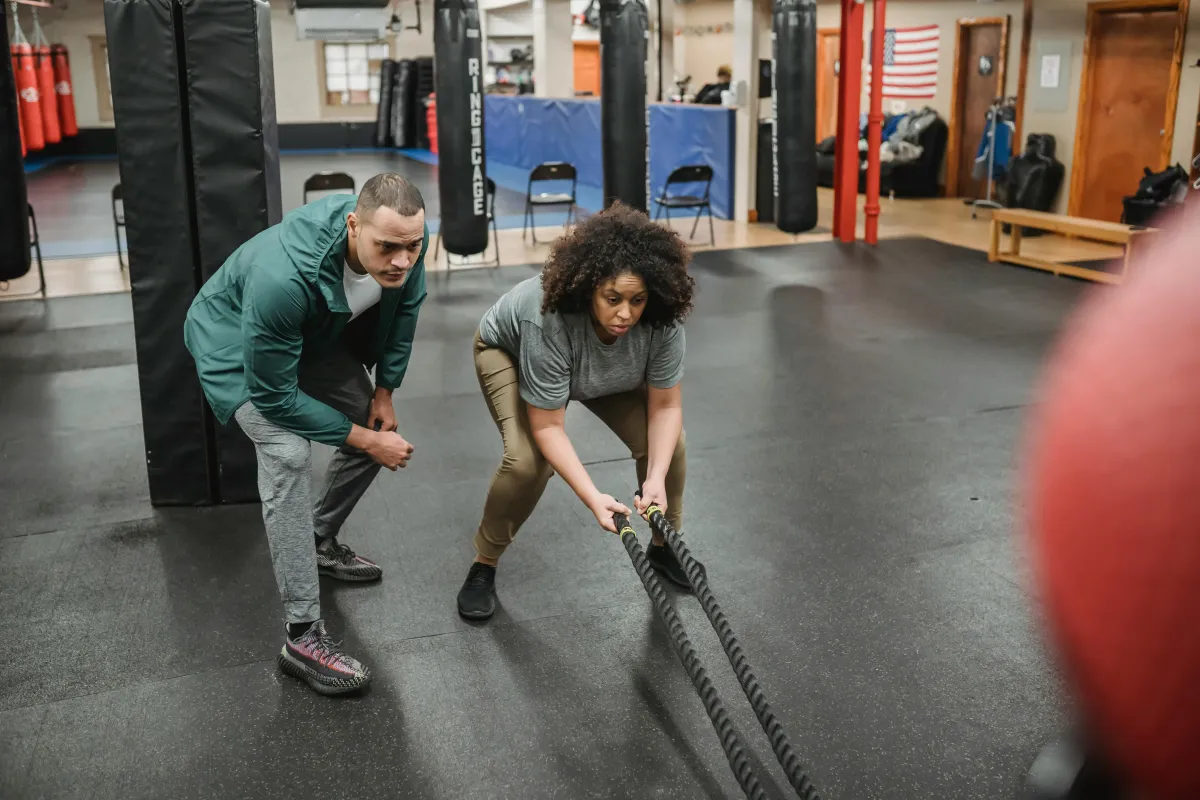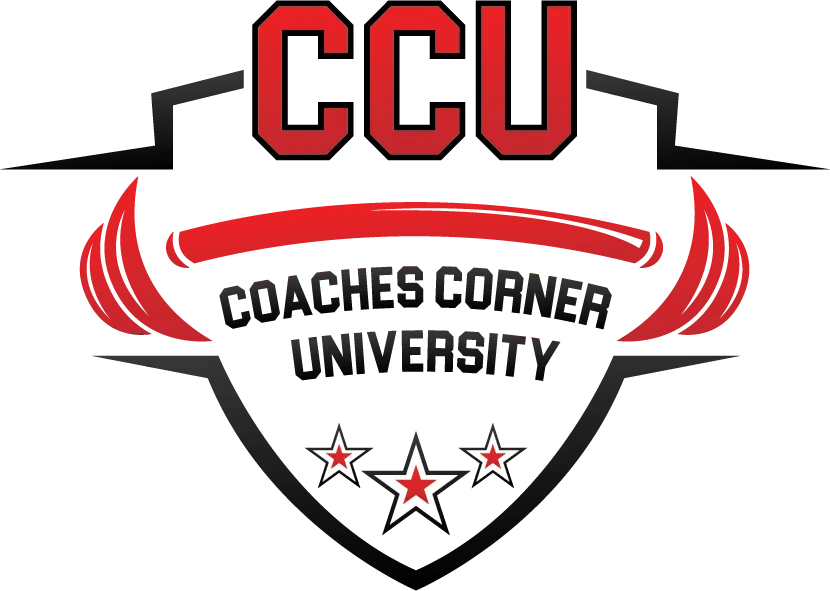Discover The Latest Blogs
Stay updated with Our Informative Blog Posts

Why I Don't Wait for "Motivated" Clients (And Neither Should You)
Why I Don't Wait for "Motivated" Clients (And Neither Should You)
Here's a question I get all the time: "How do you find clients who actually work hard?"
My answer always surprises people: I don't find them. I create them.
You see, most coaches are hunting for that mythical "motivated client" – someone who shows up day one ready to crush every session. But here's what I've learned after years of coaching and digging into the research: work ethic isn't something people either have or don't have. It's something you can systematically develop.
The Science Behind Building Work Ethic
Recent studies show something fascinating – clients who develop lasting work ethic go through a predictable process that takes about 106-154 days. Not the BS "21-day habit" you hear everywhere, but a real timeline backed by neuroscience.
The breakthrough is understanding that there are actually two types of habits we need to build: preparation habits and execution habits. Think about it – getting your gear ready and showing up is totally different from grinding through a tough set. The research shows that preparation habits are actually more predictive of long-term success because they're simpler and create the momentum for everything else.
This is why I spend the first month with new clients focusing almost entirely on showing up, not performance. I want them to master walking through the door before we worry about setting PRs.
The Real Secret: Systems Over Inspiration
Here's where most coaches get it wrong – they try to motivate people instead of creating systems. But motivation is fleeting; systems are forever.
I use what the research calls "autonomy-supportive coaching." Fancy term, simple concept: instead of telling clients what to do, I help them understand why they're doing it and give them choices within a structured framework.
For example, instead of saying "You need to squat three times per week," I'll say "Your goals require consistent lower body work. We could do squats, split squats, or goblet squats – which feels most sustainable for your schedule?"
The difference? They're making the choice, but I'm providing the guardrails. This approach shows 31-47% better results than traditional "just do what I say" coaching.
The 5:1 Rule That Changes Everything
One of the most powerful tools I use is the 5:1 feedback ratio – five pieces of positive, specific feedback for every correction. Not just "good job," but "I noticed how you maintained tension through that entire set even when it got challenging."
This isn't about being soft or participation trophies. It's about neurologically rewiring how clients relate to effort. When their brain associates hard work with recognition and progress, they start seeking out challenges instead of avoiding them.
The Truth About "Lazy" Clients
Most clients labeled as "unmotivated" aren't lazy – they're stuck in systems that don't work for them. They're trying to change their entire life overnight instead of building sustainable habits gradually.
I've taken clients who'd failed with three previous coaches and turned them into competitive athletes. Not because I'm special, but because I understand that work ethic is teachable when you have the right framework.
The coaches who consistently attract and retain dedicated clients aren't the ones with the best marketing or the hardest workouts. They're the ones who understand that motivation follows action, not the other way around.
Bottom line: Stop waiting for motivated clients to find you. Start creating the systems that turn anyone into your ideal client. The research is clear, the methods work, and your coaching business will thank you.
What's your biggest challenge with client consistency? Send an email to [email protected] with the title of this blog in the subject line – I read every response.
Keep Raising the Bar,
Paul Oneid MS, MS, CSCS

Coaches Corner PhD




